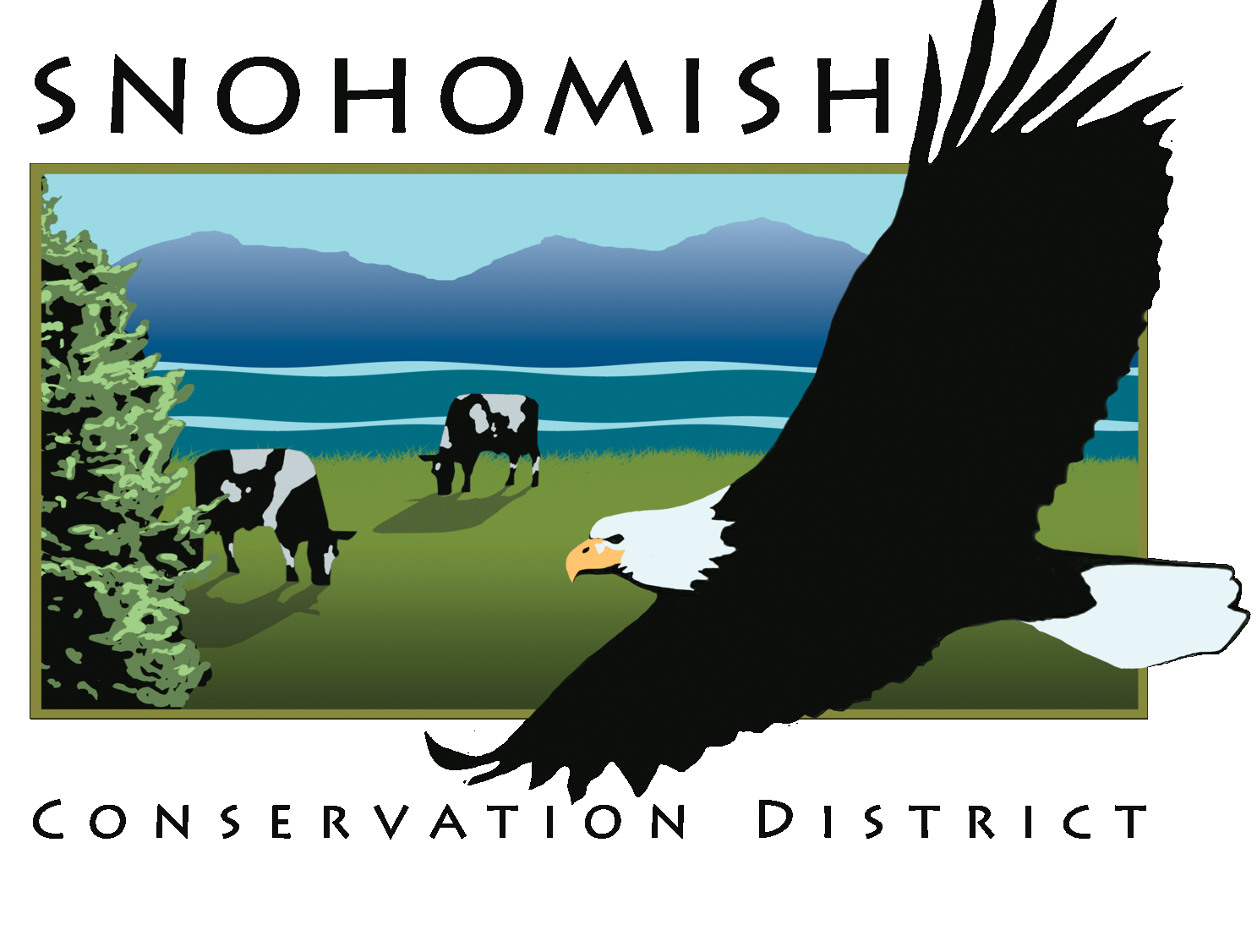The horse industry is struggling to develop a better understanding of the issues surrounding sugars, non-structural carbohydrates and grasses for horses. Over the years, pasture grasses and related grazing principles have been developed for horses through the cattle and sheep industries.
It’s that time of year when the grass gets greener and grows fast! Here are some things to keep in mind before you open up the gates to the pasture…
There’s a lot to know about owning and managing land. This booklet is full of information on rural living and the different ways that you can protect your natural resources.
Hay mucho que aprender sobre tener la tierra y administrarla. Este folleto le dará muchas ideas e información para poner en practica en su propiedad, de la cual usted se sentirá orgulloso. Todos nosotros somos parte de una cuenca hidráulica y nuestras acciones pueden afectar a otros. Las acciones que usted y sus vecinos hagan pueden mejorar grandemente la salud de los recursos del Puget Sound que todos apreciamos.
Protect your horses and livestock from toxic plants:
A guide to identifying toxic noxious weeds and other toxic plant species
Produced by the Washington State Noxious Weed Control Board
www.nwcb.wa.gov
noxiousweeds@agr.wa.gov
(360)725-5764
First printing June 2017
AGR PUB 808-635
(N/6/17)
Spring is rapidly approaching and now is the time to begin considering how and when to turn out your horses from their long winter confinement. Here are some things to consider from our farm planner, Michael Hipp.
Rain gardens are a bright new idea for dealing with two frequent issues for horse properties: excess runoff and MUD! A rain garden can be a multi-purpose solution in helping to make both your place and the environment just a little bit cleaner.
Keeping a horse in the winter can be challenging. Even though our main issues in the winter here in western Washington are wind and rain, we can encounter the occasional problems with freezing temperatures and snow. Maintaining good horse care is a challenge here because we need to be prepared for just about anything. But by following some key Best Management Practices (BMPs) you can meet those challenges and not let them overcome your enjoyment of having a horse
Here are a few tips and tricks to beat the winter weather this year and establish more permanent solutions for next year.
Parasites in our horses are a constant battle. Hang around two horse owners talking long enough, and you will eventually hear the word – “worms."
The persistent smoke from fires affects not just people, but horses. Like us, horses are susceptible to eye, nose and throat irritations. If your eyes or throat are irritated, you can safely assume theirs are, too.
Owning a horse is a big responsibility and a commitment of time, energy, finances and resources. AND, it can be an extremely rewarding and exciting experience when it’s all done well. The following points outline basic requirements for owning and caring for an adult horse. You can use this checklist to review your current horse management program or to assist you in determining if you are ready to take on horse ownership. **Keep in mind that you should always consult your veterinarian on the health care program best for your horses or if you have problems or questions.**
Read on to learn more about native plants and how they can be used to enhance your horse property.
One of the most important aspects of pasture management is the length of time you keep horses off the pasture. When horses are allowed year round access to pastures, grass plants can become overgrazed, making them dramatically less productive and allowing weeds to take over in their place. Grazing during the winter months is especially hard on pastures. When soils are wet they are easily compacted, suffocating the roots of grass plants and doing long-term damage to vital air and water channels in the soil. Consider adding a confinement area to your grazing system or farm.
















